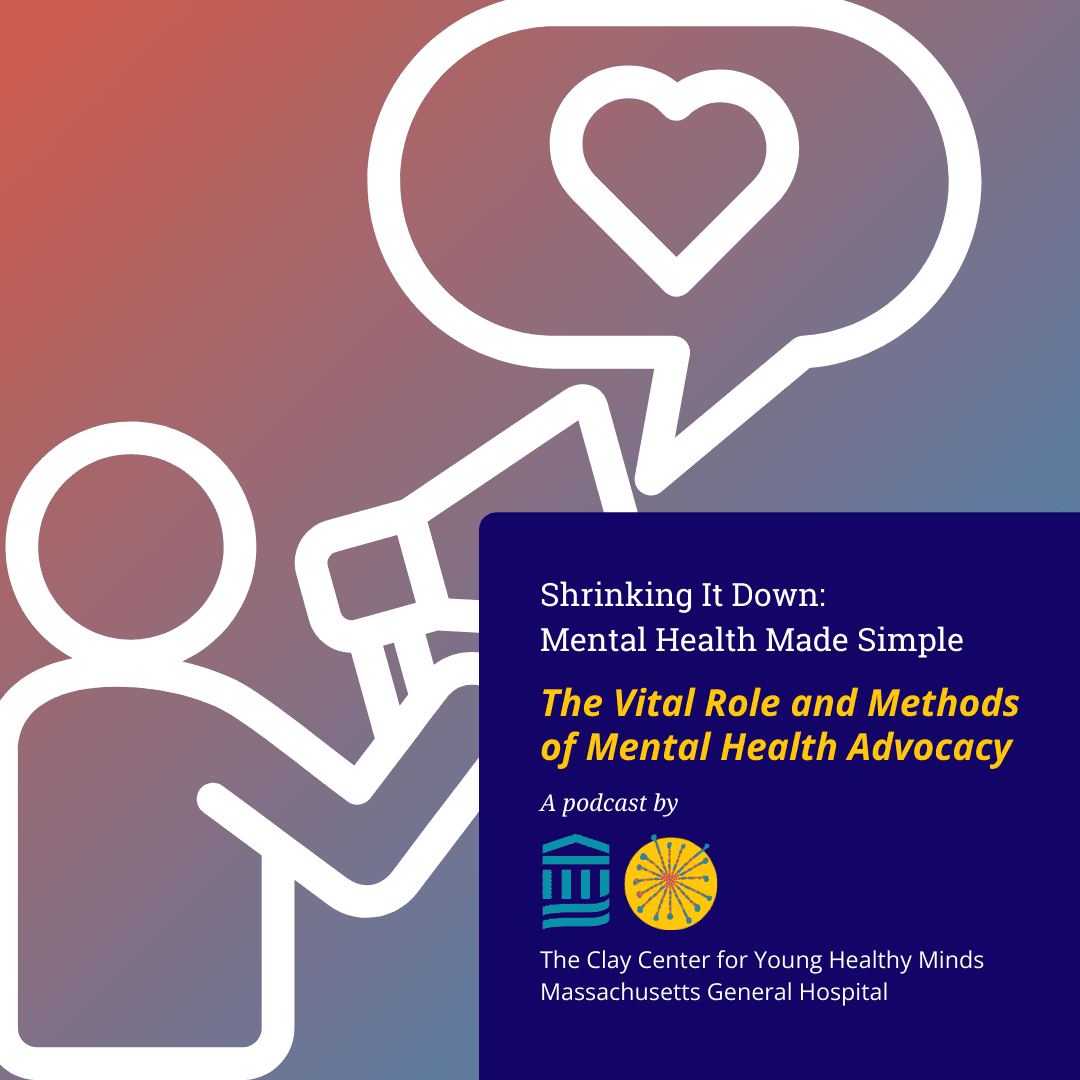What If My Child Has a Mental Illness?

Posted in: Grade School, Teenagers, Young Adults
Topics: Mental Illness + Psychiatric Disorders
What is mental illness?
Julie is 15 years old. She’s just returned to school after missing two weeks to receive treatment for wanting to harm herself by taking too much of an antibiotic that she found in her grandparents’ house. She was diagnosed with depression, spent about 10 days in the hospital, and is now back in school with regular visits to a doctor for both therapy and medications. A day or two upon returning to tenth grade, she overhears some other students talking about why she was out of school. One student whispers to the other:
“I heard she was mentally ill.”
Mentally Ill.
What a strange term.
If someone has heart disease, he’s not talked about in whispers behind half-closed doors. No one quietly says “Sam has cardiac illness,” as if admitting to some kind of shameful aspect of Sam’s life.
But with Julie, when pushed to explain a series of absences from school, we might say that she suffers from “mental illness.” This begs all sorts of interesting questions: Why should the term mental illness be stigmatized? Is it as stigmatized as it was, say, 20 years ago? And, why do we go out of our way to clarify that an illness is “mental?” If Julie missed school because of a car accident, no one would hesitate to explain what had happened; what is it about “mental illness” that leads to different rules?
Let’s start by asking something even more basic: What is mental illness, or, more specifically, what do we mean when we say that someone is mentally ill?
It may surprise you to know that there is no set definition for mental illness. Clinicians have taken oaths to relieve suffering, and since people who experience mental illness undoubtedly suffer, mental illness therefore falls under the purview of ailments that we are bound as a culture to do our best to heal. To that end, mental illness can be defined as any kind of suffering that is expressed as maladaptive behaviors in a consistently predictable course. The National Alliance for the Mentally Ill (NAMI), a leading advocacy group for those suffering from psychiatric illness, defines mental illness as:
“…a medical condition that disrupts a person’s thinking, feeling, mood, and ability to relate to others and daily functioning.”
That’s a pretty good definition. It tells you that thoughts, feelings and mood are affected; it stresses that this is a medical condition; and, perhaps most importantly, it points out that these disruptions affect both interpersonal relations and day-to-day functioning. The NAMI website goes on to note that some clinicians might separate serious mental illnesses from less serious mental challenges. For example, psychotic disorders, characterized by the inability to accurately discern reality, would be considered serious mental illnesses. Anxiety disorders, characterized by a greater-than-reasonable level of anxiety during everyday tasks, might be considered less serious. However, these distinctions don’t always make much sense; anxiety itself can be pretty awful, and some psychotic symptoms are, surprisingly, not all that troublesome.
So, if you suspect that your child has a mental illness, here’s the good news: these medical problems are very, very treatable. In fact, some of the stigma from years past may not only have been due to the fact that people with mental illness can act differently, but also because there was less that we could do to help those who were suffering.
Now, however, we have an impressive array of effective treatments. We treat mental illness with talk therapies, with medications, with hospitalizations, and in some cases, with all of the above.
Here are some ways to get care for your child if you think that a psychiatric, or mental, illness may be a problem:
- Talk with your pediatrician. Pediatricians know that about 40% of their patients’ visits are related to psychological concerns. They can sometimes provide all the care needed, and in other cases, they can assist you in finding the specialty care indicated.
- Call your insurer. Insurance companies have lists of treating physicians, psychologists and social workers. In many instances, this is a frustrating exercise; hopefully, the parity laws that establish equal access to care for all kinds of illnesses will help to alleviate these challenges in finding a doctor. In some cases, contacting your representative in state or federal politics can help you to get care more quickly.
- Ask around. You’d be surprised how many of your friends have children with challenges such as ADHD, depression or anxiety. Find out who they see, and give that clinician a call.
Remember, these are treatable illnesses. Making someone better has huge implications for child development. While it’s true that we do not know in detail the downstream effects on the brain of some of our medications and psychotherapies, we know very well the effects of leaving pediatric psychiatric illness untreated—children do worse in school, suffer socially, have more non-psychiatric illnesses, and in some cases, feel deeply ashamed and even suicidal.
So—what is mental illness?
It is treatable. That’s probably the best and most important part of the definition.

 Share
Share Tweet
Tweet




